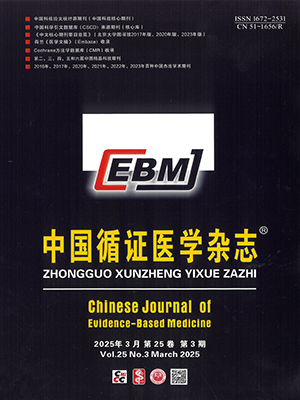Objective To explore the traumatic situation and transfer methods of the in-patients injured in Lushan Earthquake, and to provide evidence for treating injured mass in future.
Methods The information of the patients injured in Lushan Earthquake who were admitted in Chengdu Military General Hospital were collected by “No. 1 Military Medical Project” hospital information system and a self-edited “Questionnaire for Hospitalized Patients Injured in 4.20 Lushan Earthquake”.
Results A total of 65 patients were admitted in this hospital: 63 (96.92%) patients were injured in the main shock; 28 (43.08%) patients were injured by building collapse; 23 (35.38%) patients got injured due to falls or got bruised when escaping; and 14 (21.54%) patients were accidentally injured. Rescue methods: 32 (49.23%) patients were saved by themselves; 23 (35.38%) patients were mutually helped; 10 (15.38%) patients were rescued by local non-military rescue team; 34 (52.31%) patients were rescued by military rescue teams; and 26 (44.83%) patients were transferred by air transport.
Conclusion In order to cope with emergencies and major disasters (e.g. earthquake) and to treat injured mass scientifically in the future, we should set up emergency wards scientifically and reasonably, carry out education on earthquake prevention and disaster mitigation widely, reinforce self-care and mutual aid in the stricken area, quickly send rescue and medical teams, and organize training for air transportation of patients.
Citation: LI Yunming,GU Jianwen,ZHENG Chi,YANG Bo,XU Ben,XIA Xun,SUN Nianyi. Investigation on Traumatic Situation and Transfer Methods of In-patients Injured in Lushan Earthquake. Chinese Journal of Evidence-Based Medicine, 2013, 13(12): 1397-1400. doi: 10.7507/1672-2531.20130239 Copy
Copyright © the editorial department of Chinese Journal of Evidence-Based Medicine of West China Medical Publisher. All rights reserved




